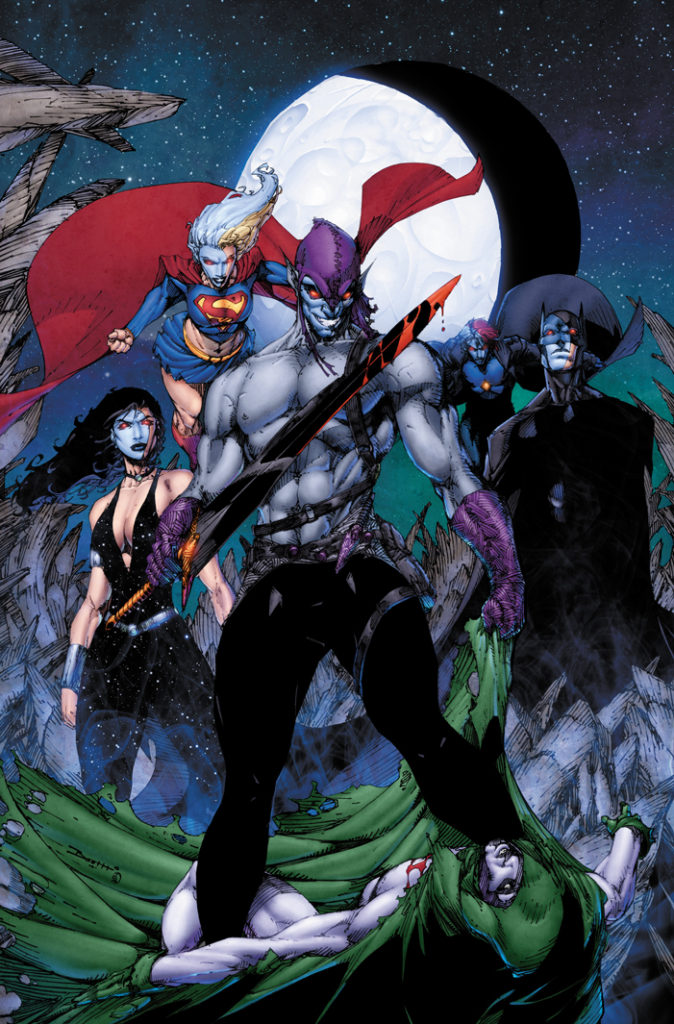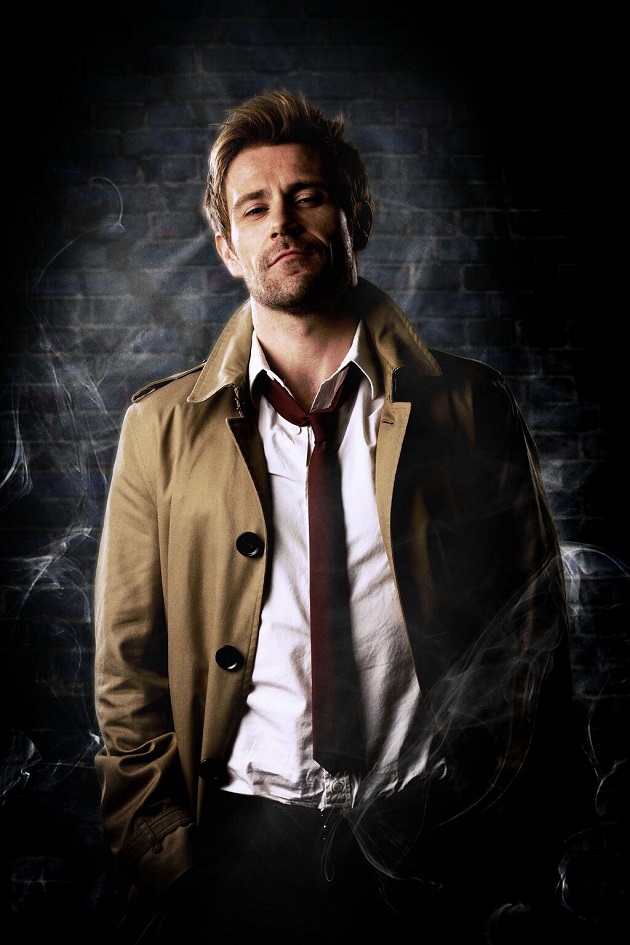Oscar Wilde once said “This club would be amazing, save for its members.”
No, he didn’t. That was a lie and I’m sorry. This just seemed like a topic that deserved to open with a pithy quote and I couldn’t think of one and now it’s opened with deceit. But I’ll try to win your trust back.
Being a fan of things is fun. Liking things is great. The shows and movies I love, I love actively. I track casting announcements and character reveals, watch and rewatch trailers, and love to talk about them with fellow fans.
The trick is, I don’t often have a lot of fellow fans in my social group. That’s not their fault. It’s not an issue of fault. It’s the curse of living under Peak TV. Nobody has unlimited time to watch TV, so they might not get to the show you love because what TV time they have is spent between the shows they love and trying to catch up on one of the thirty thousand shows someone in their lives or online has desperately said “You must watch this!”
Yes I did write an entire blog saying “Watch American Gods, damn your eyes,” yes that makes me part of the problem, no I’m not sorry.
But hey, it’s the age of the internet, right? If only two people you know are up-to-date on Preacher, you can always find a forum or a subreddit or something, can’t you?
Well… not always. Sometimes they get weird about it. Sometimes the fandoms devolve into forums of complaints and shitposts and massive, massive negativity. And sometimes there’s just one vocal minority that makes things difficult for, in this case, me. But maybe you. I don’t know, I don’t live in your head.
Allow me to discuss my least favourite parts of the fandoms I suppose I’m part of.
Supergirl: “Supercorp”
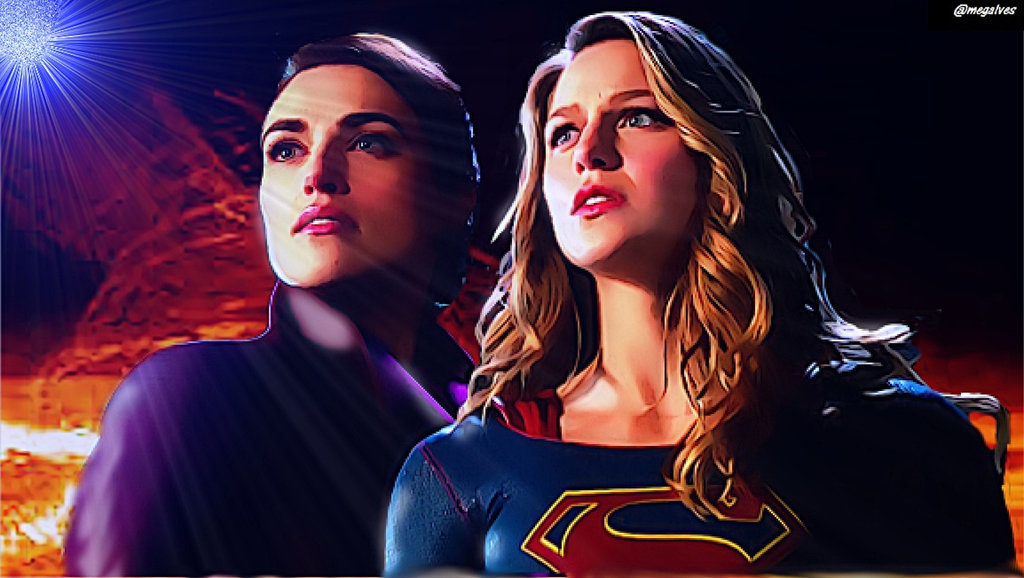
I have no problem with “shippers,” people who pick two characters from the show/book they love and say “These two should be in a relationship.” I’ve probably even been a shipper more than once, as I was weirdly invested in Jeff and Annie getting together on Community and consider any romance plot in Mass Effect that isn’t Shepard and Tali to be a waste of time. I don’t even have a problem with the crack shippers, the ones writing slashfics about Ron Weasley getting it on with Hagrid’s giant half-brother Grawp.
I don’t know if that slashfic exists, but knowing what the internet is capable of, I have little reason to believe that it doesn’t.
Back in the day, I was in a fan group for Due South, and there was a vocal contingent who thought straight laced Mountie Constable Fraser and rough-around-the-edges Chicago cop Ray Vecchio were definitely more than friends. Every glance, every casual brush of hand on shoulder was picked apart and held up to the world that this ‘ship was just as canonical as what happened on the actual show. And I thought, fine, sure, you’re wrong, but who does this hurt.
Supercorp, on the other hand.
Supercorp is the name for the Supergirl shippers convinced that Kara Zor-El and Lena Luthor are soulmates. I discussed this back in the Comic TV Wrap-up blogs, and how Kara and Lena’s friendship is very touching but neither of them have ever expressed interest in same-sex relationships.
Supercorp fans aren’t overly concerned about that, but that’s not the problem. LGBTQ fans have every justification in saying “Wouldn’t it be great if X media character were also LGBTQ,” because it’s not like there’s this huge surplus of LGBTQ leading characters and they’re trying to demand even more. That would be straight white men.
So if you want to launch a Twitter thread of potential girlfriends for Brooklyn 99’s Rosa Diaz, more power to you. But Supercorp… Supercorp can get a little nasty about it.
But don’t take my word for it. In the below video, iZombie star and all around great person Rahul Kohli discusses his run-in with Supercorp.
See, Rahul Kohli was brought onto Supergirl for an episode as Lena’s ex-boyfriend, arriving in National City with a new breakthrough. And as soon as that was announced, Supercorp went ballistic, getting angry not just at the show for having Lena be into someone other than Kara, but at the delightful Mr. Kohli just for daring to accept an acting job.
Once the episode aired, they calmed down, likely because his character did not actually provide an impediment to Kara and Lena hooking up, but until that point they were toxic. Especially compared to the more benign shippers amongst the iZombie fanbase, whom the cast love. He compares iZombie shippers to football (soccer) fans, cheering on their favourite teams, and Supercorp to soccer hooligans, starting riots when things don’t go their way.
Look… I get it. I get that when two characters seem perfect for each other but the writers just won’t see it that can get frustrating. It must have been especially frustrating when these fans were growing attached to Lena and Kara as a couple while the writers were devoting the season’s main arc to hooking up Kara and Mon-El.
But here’s the thing.
I thought Buffy and Riley made a good couple. I never wanted Willow and Oz to split up. Marcus Cole died before he and and Commander Ivanova could be together. And as to what happened with Wesley and Fred on Angel, I wanted Joss Whedon tried at the Hague.
But I didn’t freak out. I didn’t drown these shows in angry letters or emails (Twitter not having existed at the time). I just accepted it and moved on. The risk of shipping a couple is that your ‘ship might not sail, and you just have to roll with that.
So maybe tone it down and cool it on the Supercorp memes a little.
Arrow: Anti-Olicity
Apparently the Arrow fandom on Tumblr is massively obsessed with Oliver Queen getting with Felicity Smoak. So I hear. It sounds right, but it’s hard to be sure. I go on Tumblr the way someone who goes to an all-inclusive resort near Cancun and never leaves the pool has “been to Mexico.”
What I do know is that original Arrow subreddit went about as far in the other direction as it was possible to go. Over the course of Arrow’s fourth season, r/Arrow went from being a place where fans could discuss the show to a horrid, toxic pit of hatred for Felicity and executive producer Mark Guggenheim, known condescendingly as “Uncle Guggie,” who this pile of whiny sulk-beasts blame for everything they feel has gone wrong with the show since season two. It got bad enough that people who actually like Arrow had to form a second subreddit to get away from them.
Again. It’s not like I don’t somewhat see their point. Fourth season leaned way too hard into the Olicity stuff. Really held the show back. Freed of that weight, fifth season soared, but that hasn’t stopped the r/arrow crowd from complaining about “Fefe” and “Uncle Guggie” and “organic.” I know this, because even though I fled r/arrow over a year ago (right before they re-skinned the subreddit to be a place to discuss Daredevil, aka “peak shitpost”), those malcontents still turn up in all the other DCW subreddits.
Because that is what makes them worse than Supergirl fans who didn’t love Mon-El or Flash fans who never got over Patty Spivot being written out. The volume. The oppressive, insistent volume. If you don’t enjoy Felicity, if you thought season four had too much romance, that’s your right and no one can force you to think otherwise. But screaming about it everywhere, in subreddits that don’t care about this, knowing that actual fans had to build a sanctuary away from you, that’s just being obnoxious.
Example. If you, at any point in the last six years of Game of Thrones (or 21 years for those of you reading the novelizations), have liked, sympathized with, or worse, rooted for Cersei Lannister, I think you are wrong, dead wrong, and should seek therapy, because she is the absolute worst and if you try to tell me otherwise I will fight you. With words and counter-arguments, I mean. It’s just a TV show. And/or partially complete book series.
What I don’t do is seek out conversations about Game of Thrones and jump in to make sure everyone knows I hate Cersei. I do not interrupt conversations about Arya to take cheap shots at Cersei. And I certainly don’t bring up how awful Cersei is when people discuss 300 or Dredd or anything else Lena Headey happened to be in.
Because I respect people’s rights not to care that I don’t like a fictional character.
(Sure, all of you just heard about it, but not, like, in graphic detail.)
But the malcontents at r/arrow just can’t manage that.
Doctor Who: The Anti-Moffats
No, we’re not talking about all the dudes threatening to quit watching Doctor Who because the new Doctor is a woman. I’m following Sixth Doctor Colin Baker’s lead and hesitating to even call them “fans.” I’m talking about people who’ve been complaining about the outgoing showrunner.
So here’s where I court controversy, because while I don’t personally know any Supercorp people, and my friends who didn’t love seasons three and four of Arrow are all low-key about it… I do know some people that aren’t fans of Steven Moffat. As such, I’ll try to be gentle here. But I must be honest.
To me, people who think Steven Moffat “ruined Doctor Who” are like the movie Tree of Life. I don’t understand you, and I don’t particularly want to.
I don’t think Moffat’s bad at writing women. Amy Pond, River Song, Bill Potts, they were all stronger women than Rose Tyler, whose daddy issues nearly destroyed the world, or Martha Jones, doomed to pine over the Doctor while he brooded over Rose. And trust me, things weren’t reliably better in the 60s-80s. Okay, yes, Clara’s Impossible Girl storyline was problematic, and if you didn’t like Danny Pink, she didn’t bounce back much in season eight. And yes, Amy, River, and Clara all were introduced by having some mystery attached to them. But I don’t think that ruins them as characters. And you know what, even Clara had her strengths. She was able to look an ancient god in the eye at his most volatile, and essentially whack him with a rolled-up newspaper saying “No. Be better. Be a Doctor.” And she was the first companion to say “I’ll travel time and space with you, but when I want to. And I’ll have my own life in the meantime.” (Until… well, we don’t need to discuss her entire multi-year arc right now.)
I don’t think Moffat has a problem with Deus ex Machina. Or if he does, he wasn’t nearly as bad as Russell T. Davies. Next to a) Rose using the Heart of the Tardis to gain the magical ability to disintegrate Daleks and scatter the words “Bad Wolf” through history; b) Martha convincing people to say the word “Doctor” so much that he suddenly gains a whole new set of super powers and can retcon an entire year; or c) Donna suddenly gaining Time Lord intelligence just long enough to find the “kill all Daleks” cheat code on one of their own consoles, 13 incarnations of the Doctor joining forces to hide Gallifrey in a frozen moment of time or rebooting the universe with a second Big Bang seem downright logical. Hell, “The Wedding of River Song” makes perfect sense and even feels earned.
Steven Moffat wrote what might be my favourite incarnation of the Doctor, 11. When Davies was in charge, Moffat wrote the best episodes of each season: “The Empty Child/The Doctor Dances,” “The Girl in the Fireplace,” “Blink,” “Silence in the Library/Forest of the Dead,” which only gets sadder when you know the rest of River Song’s story. Many of my other all-time favourites are also Moffat-written. “The 11th Hour,” which may be the best introduction episode for a new Doctor ever. “The Beast Below.” “Impossible Astronaut/Day of the Moon.” “Listen.” “A Christmas Carol.” “The Snowmen.” “The Bells of St. John.” “Last Christmas.” “The Magician’s Assitant/The Witch’s Familiar.” And my all-time ride-or-die favourite, “Day of the Doctor.” Two of my other favourites happened under Moffat’s watch: “The Lodger” and “Vincent and the Doctor.”
And the characters Moffat added to Doctor Who. The incredible characters. Even beyond creating three Doctors (including John Hurt’s War Doctor). Amy Pond. Rory Williams. River Song. Canton Everett Delaware III. The Paternoster Gang. Bill Potts, the first openly gay companion. Nardole. The Weeping Angels. And Missy. Wonderful, deadly, perfect, terrible Missy.
And even freaking Handles. Steven Moffat moved me to tears when a severed Cyberman head died.
That is what the Moffat era of Doctor Who is to me. A time of joy and pain and laughter and tears and wonderful friends, majestic hellos and tragic farewells… with just that one rough patch as season eight found its feet. So with all of that in mind, if you say to me “Moffat ruined Doctor Who and now I can’t watch it…”
Nothing mean. You’re not a jerk. You’re not toxic. I’m not gonna yell at you or demean you or insult you. That would make me like the groups I just finished complaining about, and The Doctor wouldn’t stand for that sort of shabby behaviour, even in his defense. I’m just sad. Sad you can’t see the last six seasons like I did.
And hey, it’s Peak TV. If Doctor Who’s not your thing, try American Gods or Fargo or Legion or iZombie or something I don’t watch that suits your taste. But if you try to convince me that I’m wrong, we might have words.
The Flash: “Barry f***ed the timeline”
I get it. We all get it. Barry Allen was, from time to time, a little careless with time travel for the first two seasons. And only visiting the future instead of mucking with the past in season three wasn’t the biggest improvement. But “Barry fucked the timeline” shitposts and comments have become so widespread that the “Damn it Barry” meme for “this timeline is screwed up” have spread beyond Flash TV fandom.
And the thing of it is? In the first and third seasons, the Big Bads are from the future. Savitar came from the future with an endgame that involved screwing with all of history. And Reverse-Flash’s storyline (which was great) begins with Eobard Thawne irrevocably altering Barry Allen’s history. But Barry tries to undo Thawne’s damage to his own life, or travels to the future to get on equal footing with Savitar, and everyone loses their goddamn minds.
Maybe we can let him off the hook about that next season?
That’s about it on that one. Explains itself pretty simply.
So… bye.

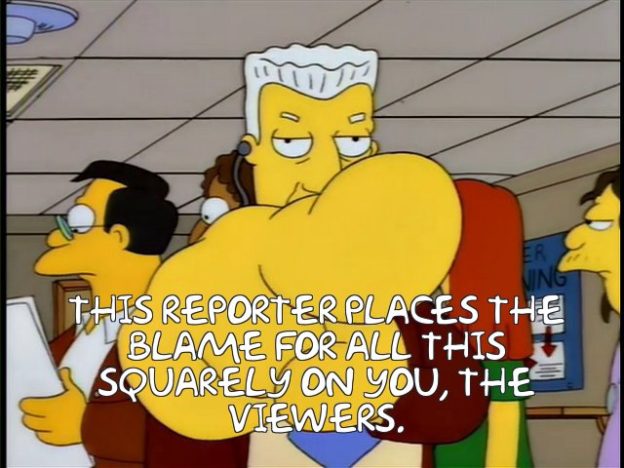
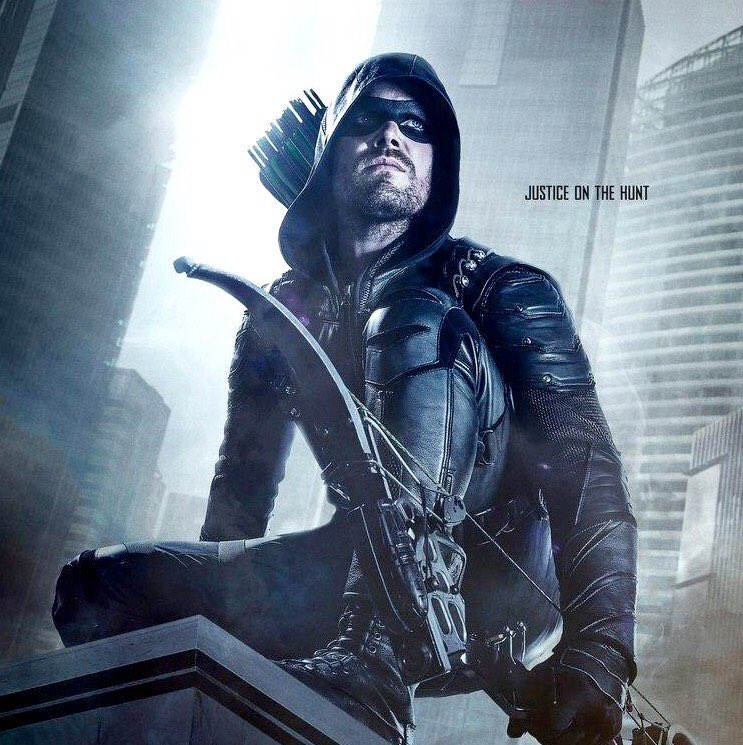
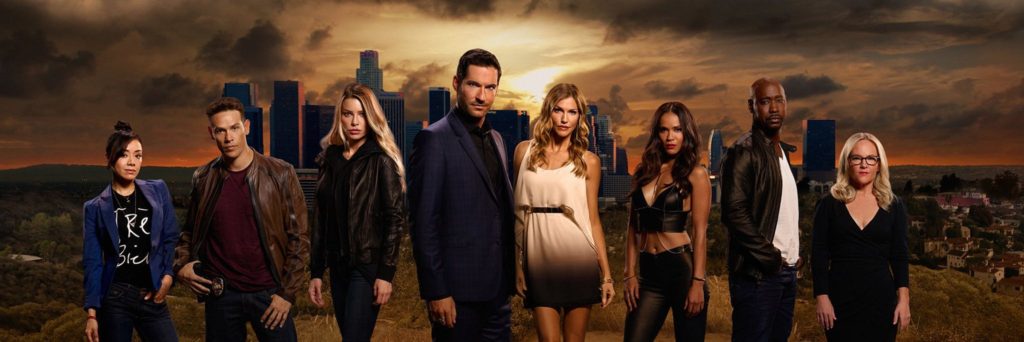
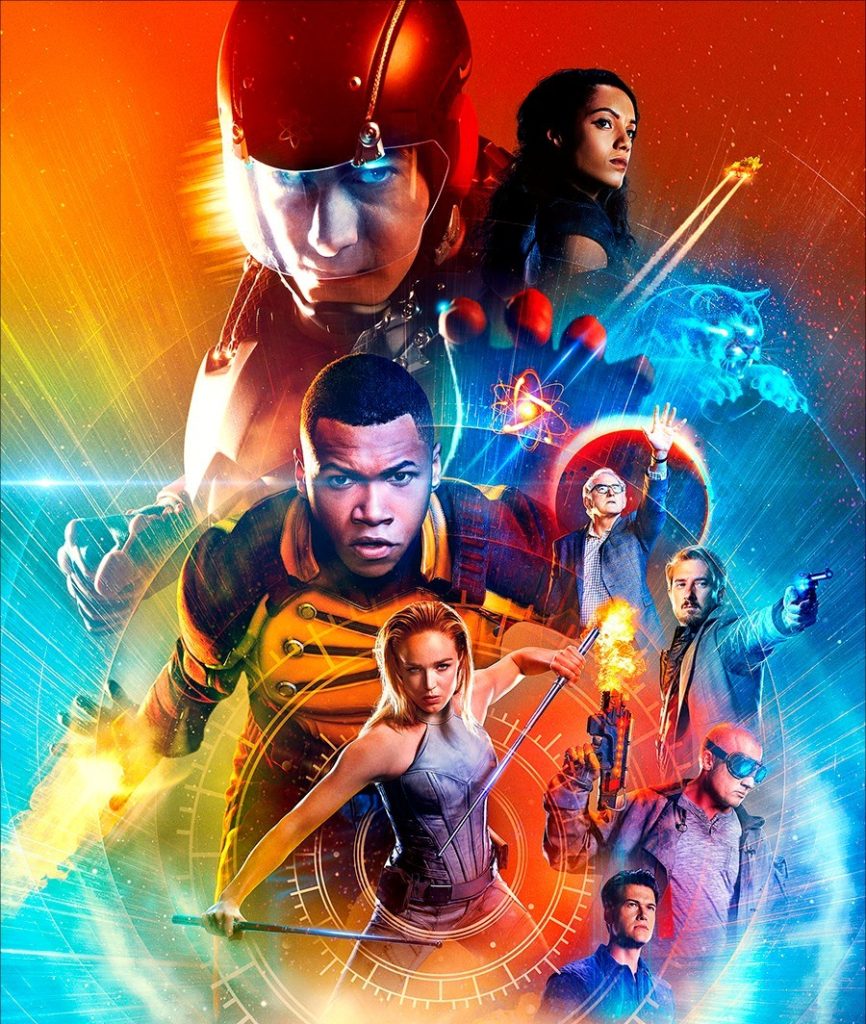
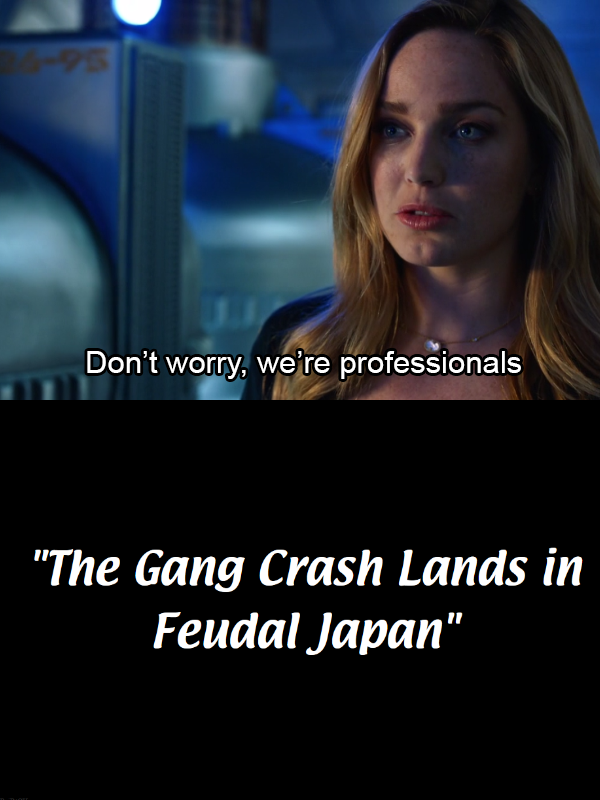
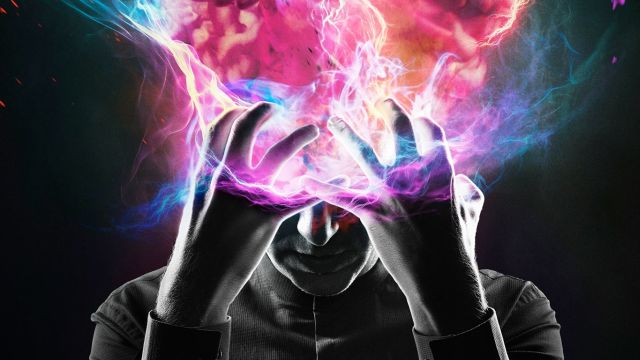
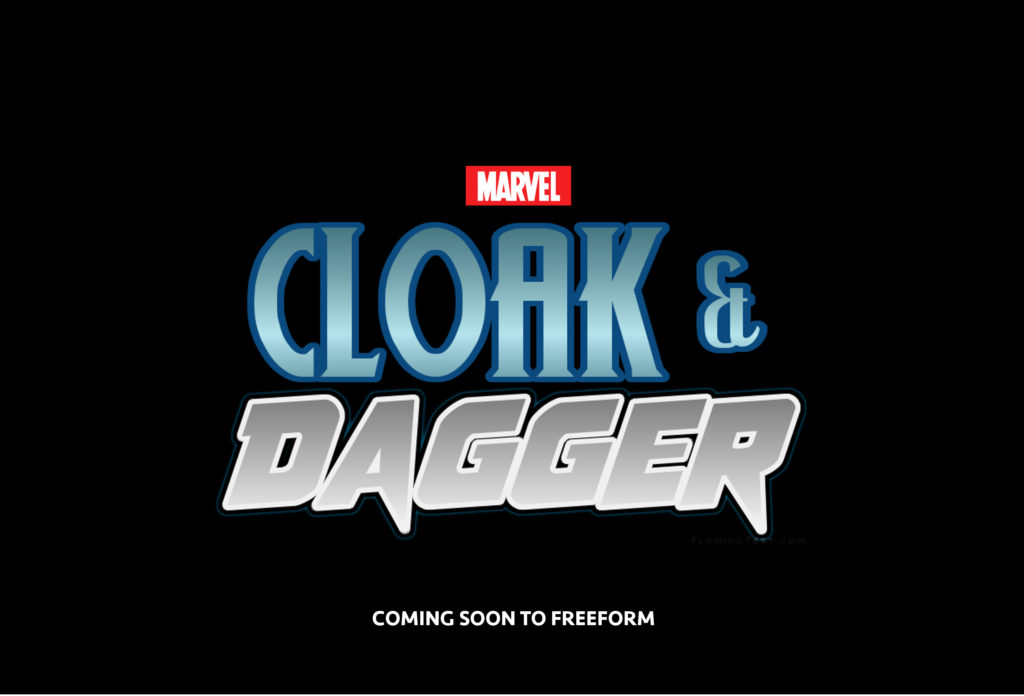

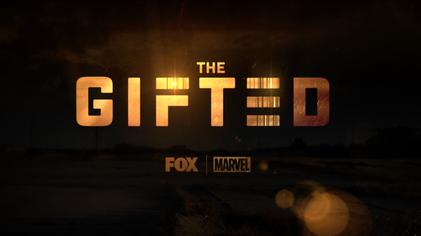
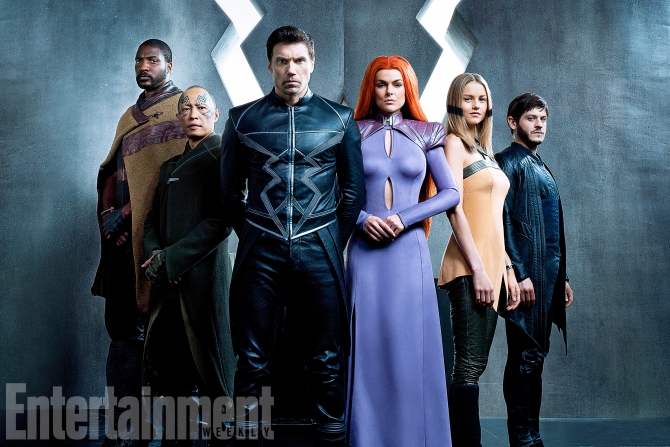
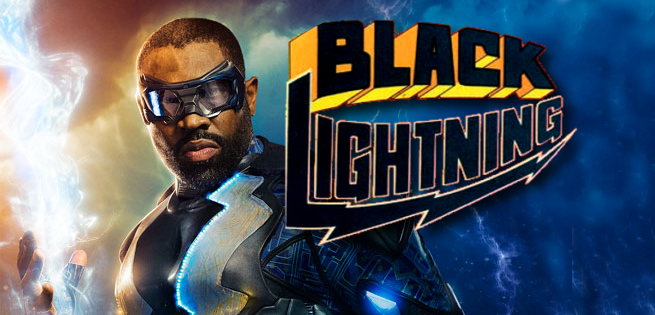
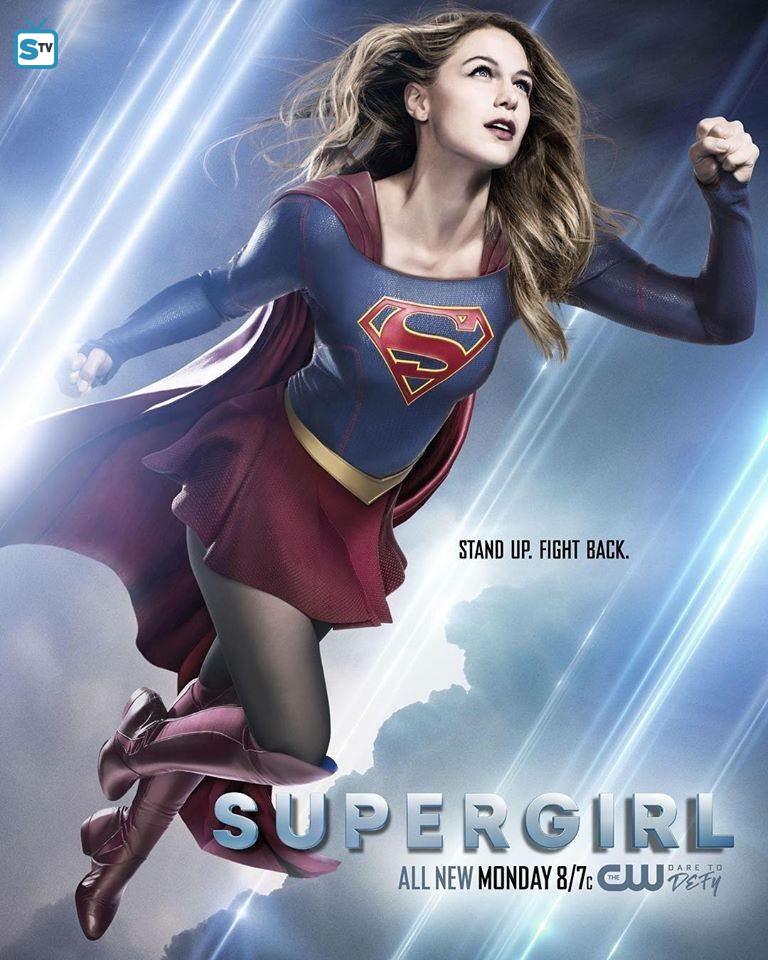
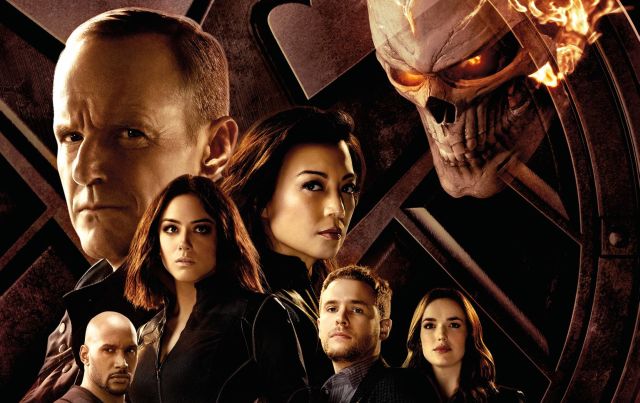
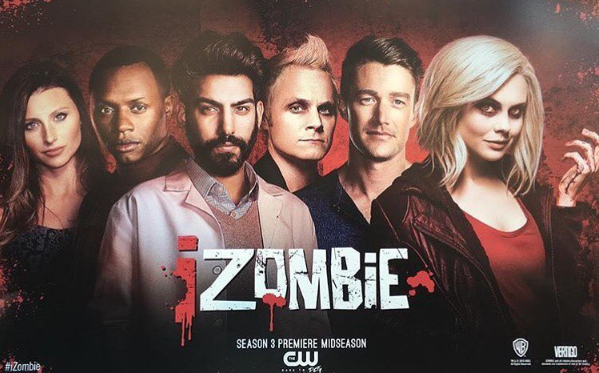
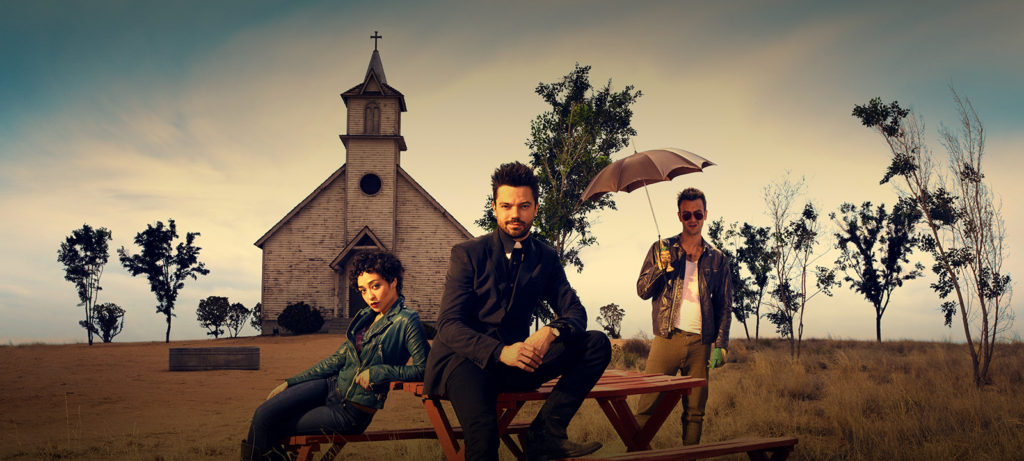
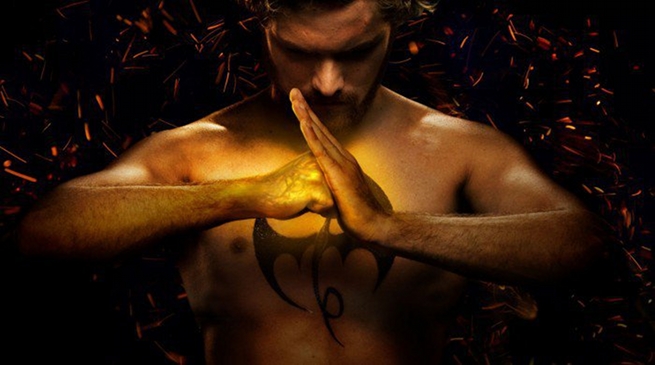
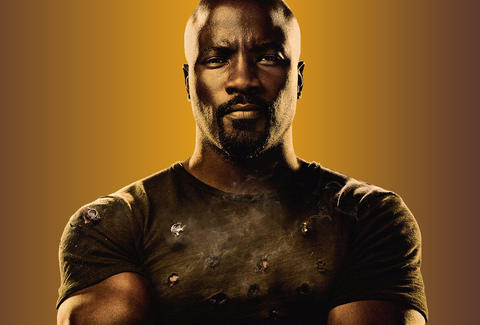
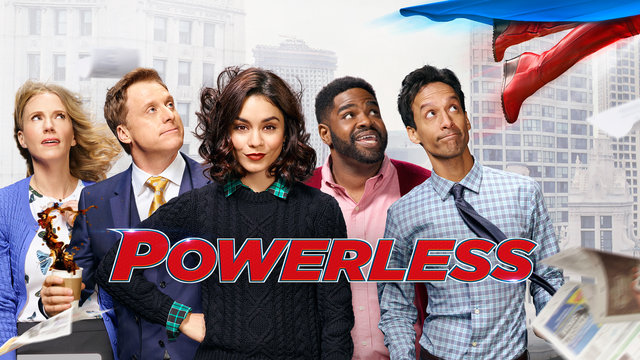
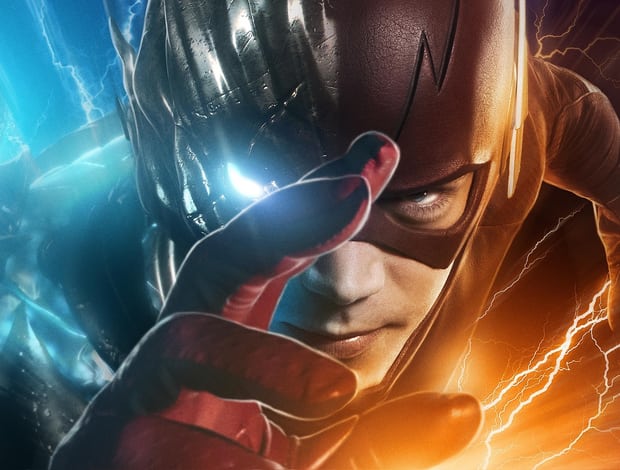
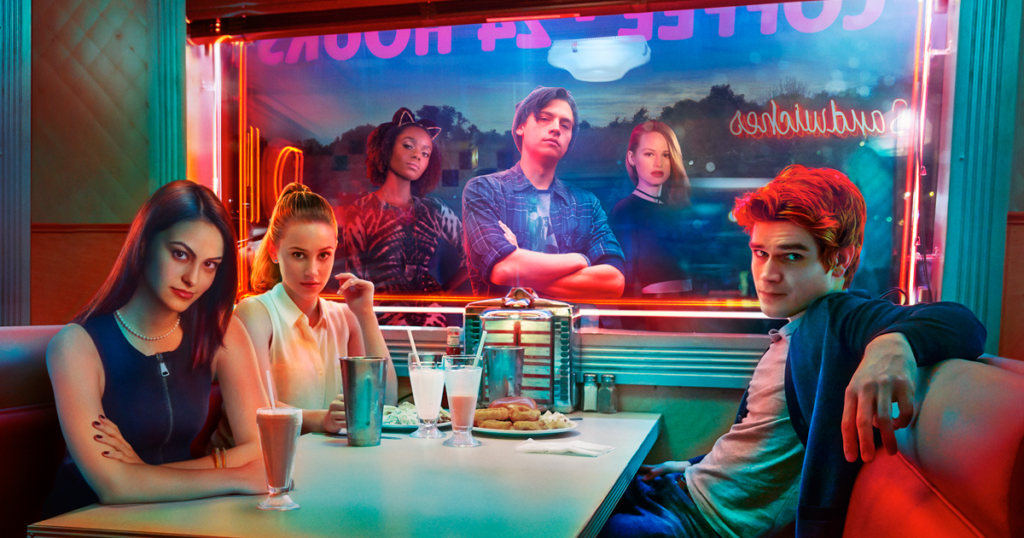
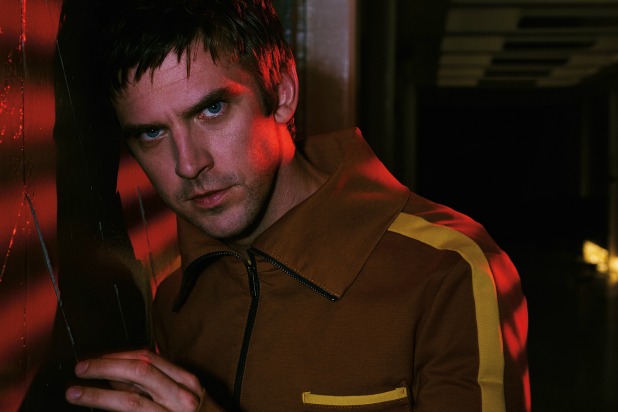

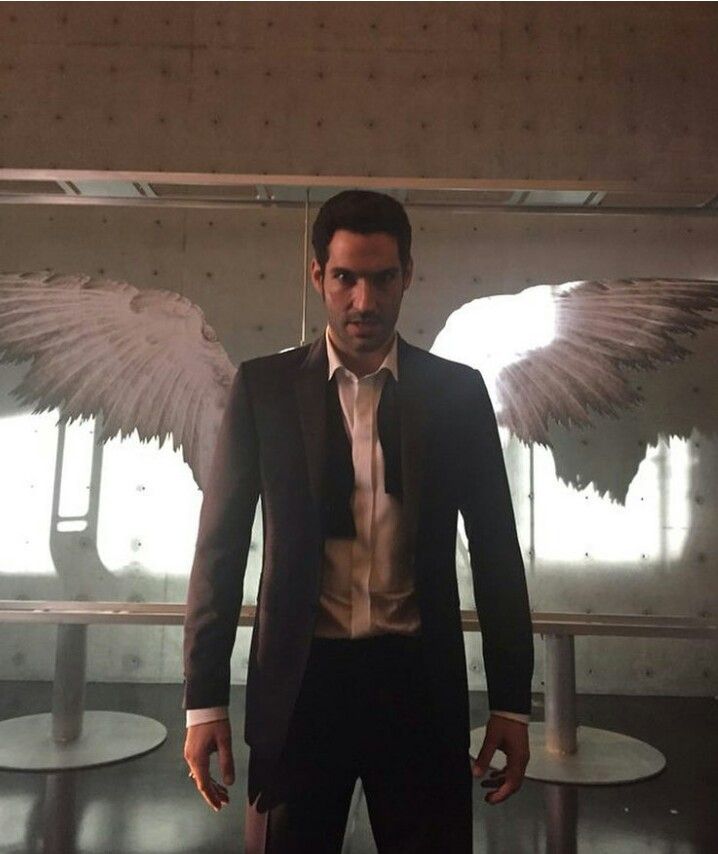
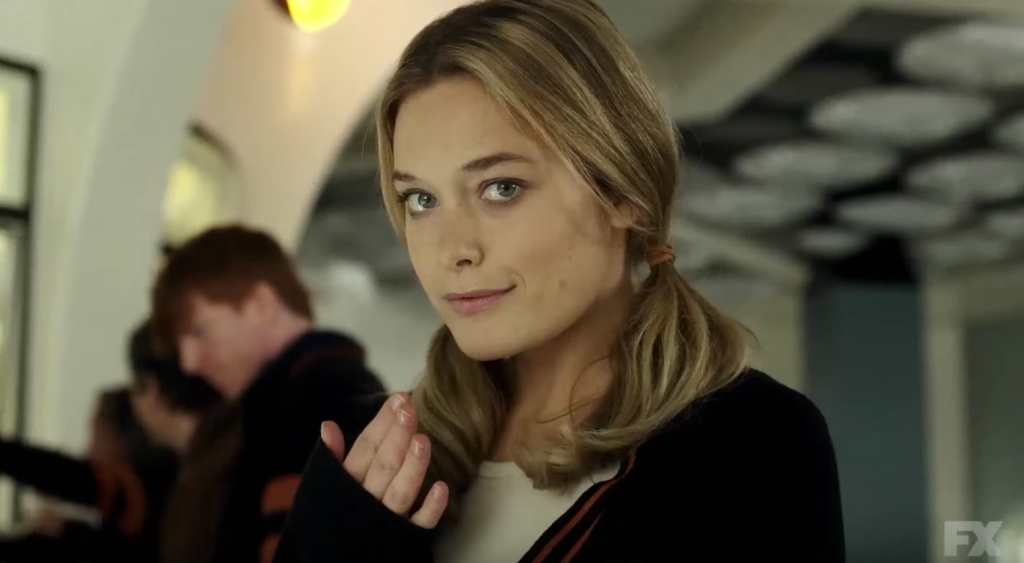
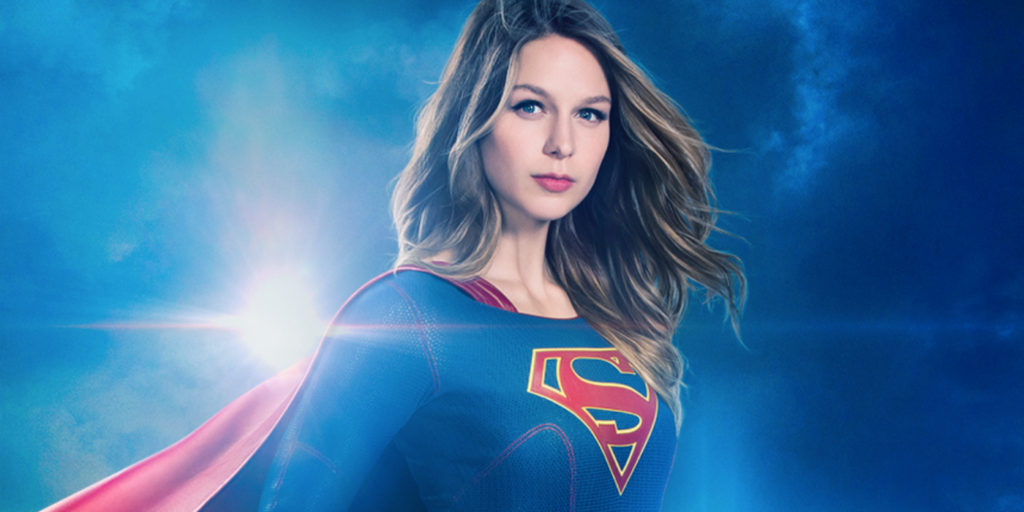
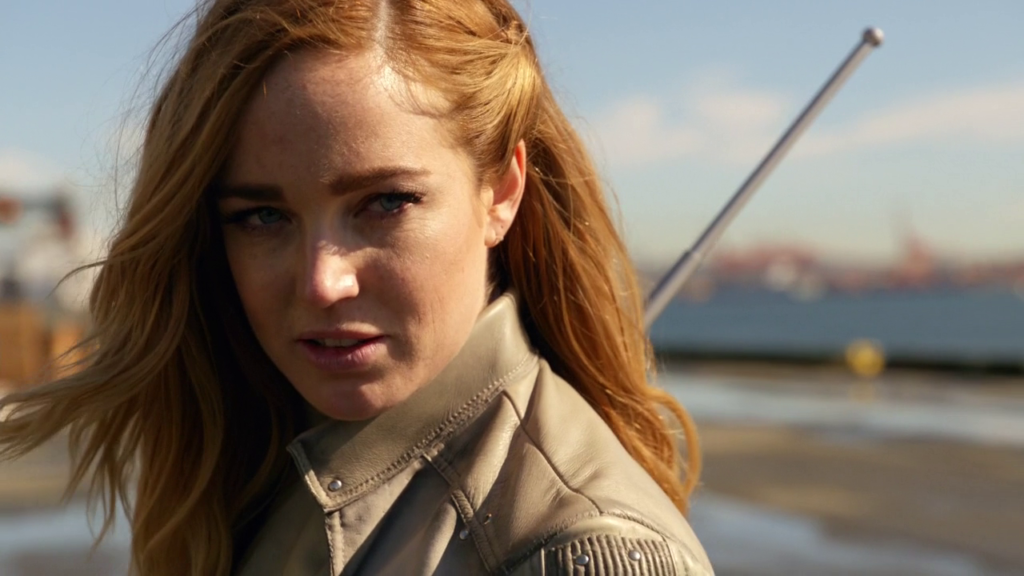
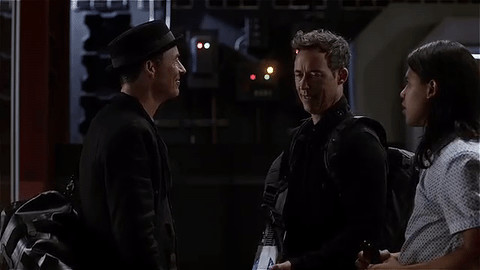
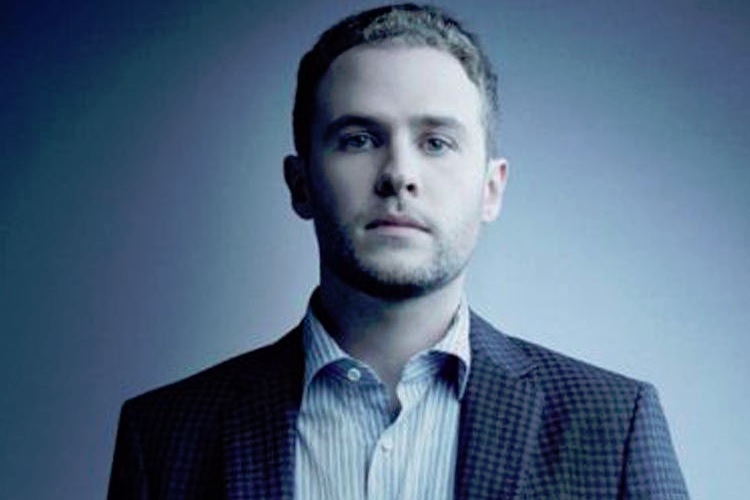
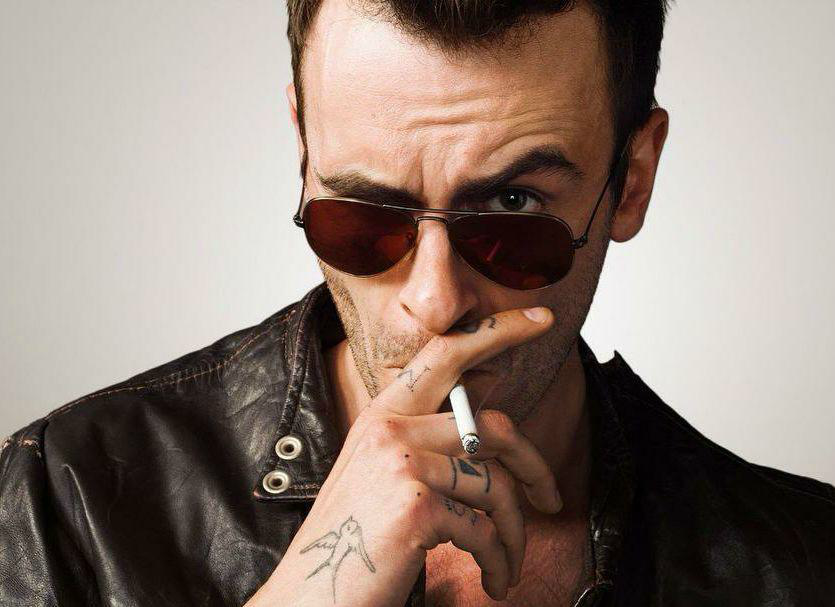

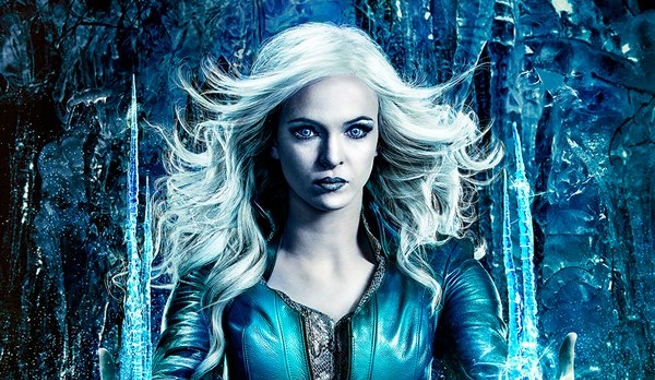
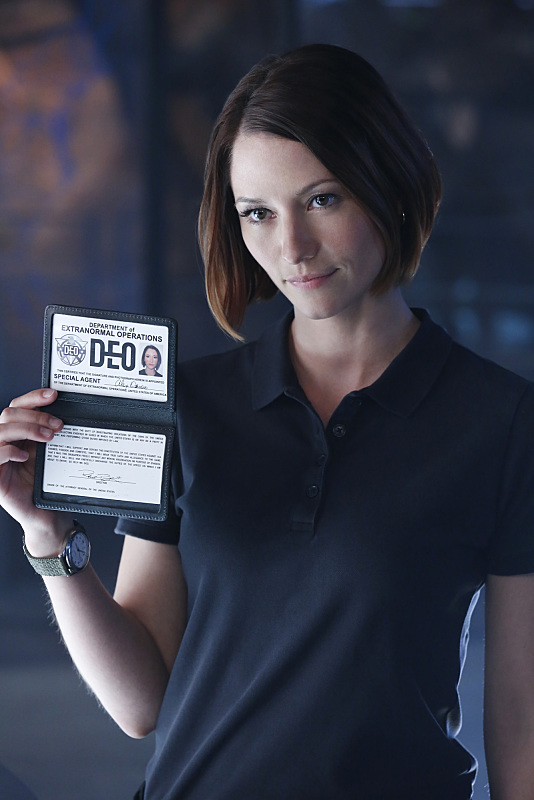
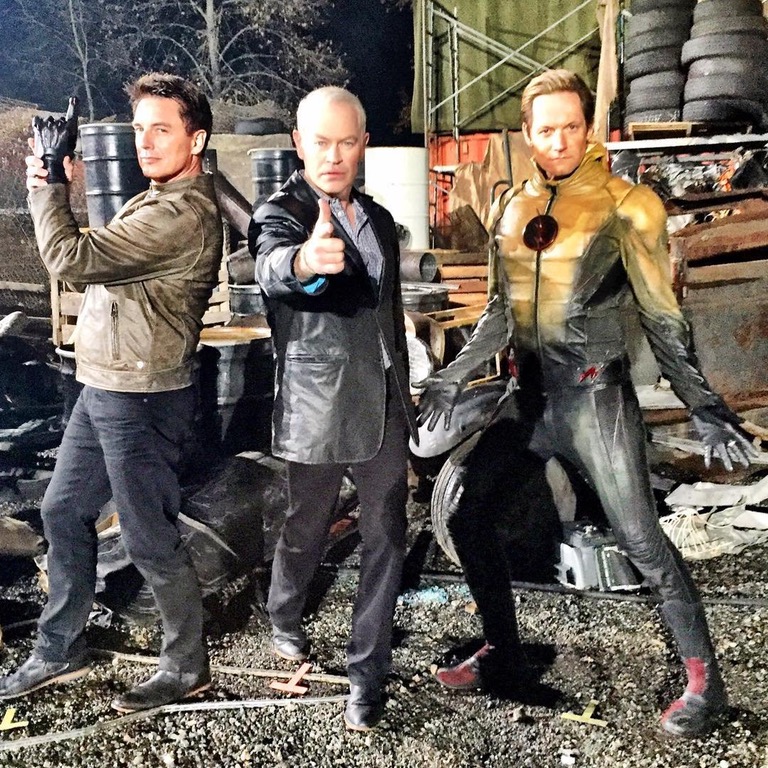
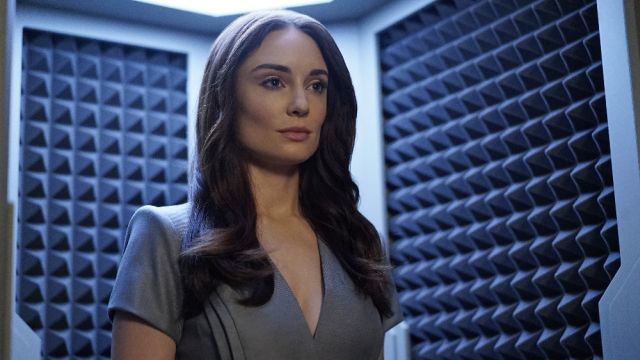
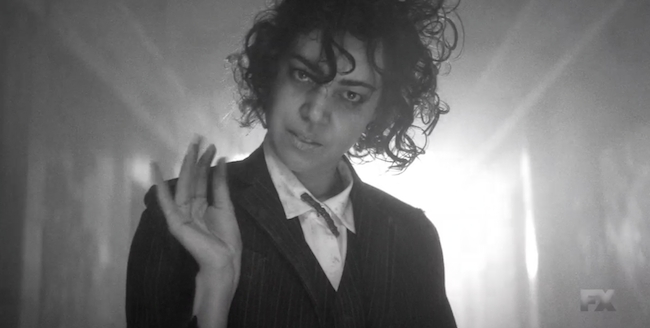
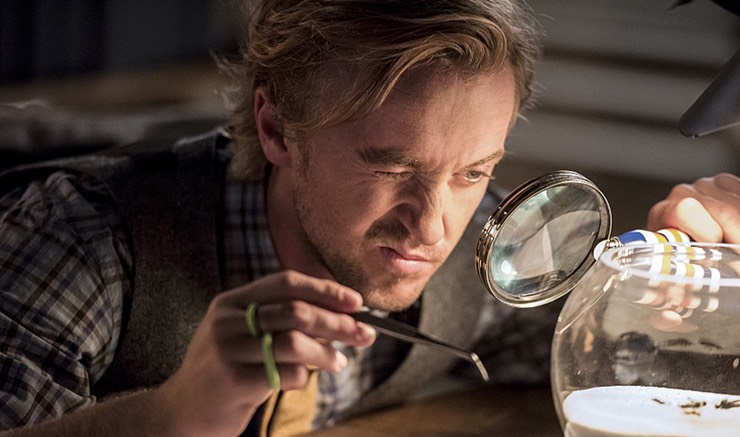


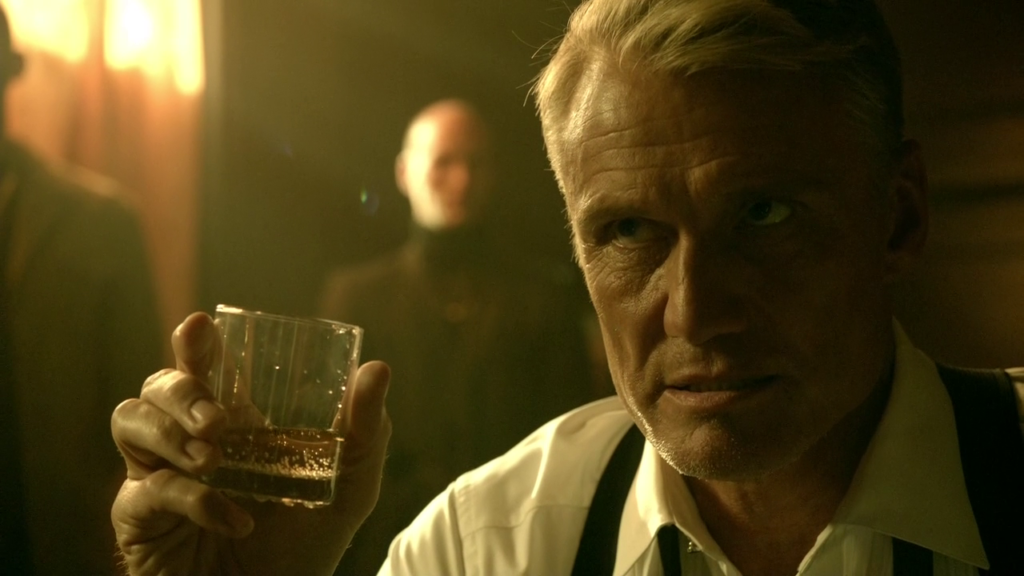
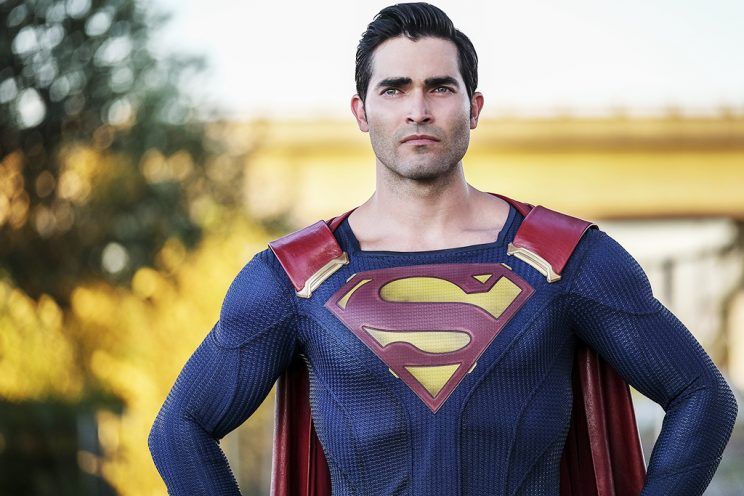
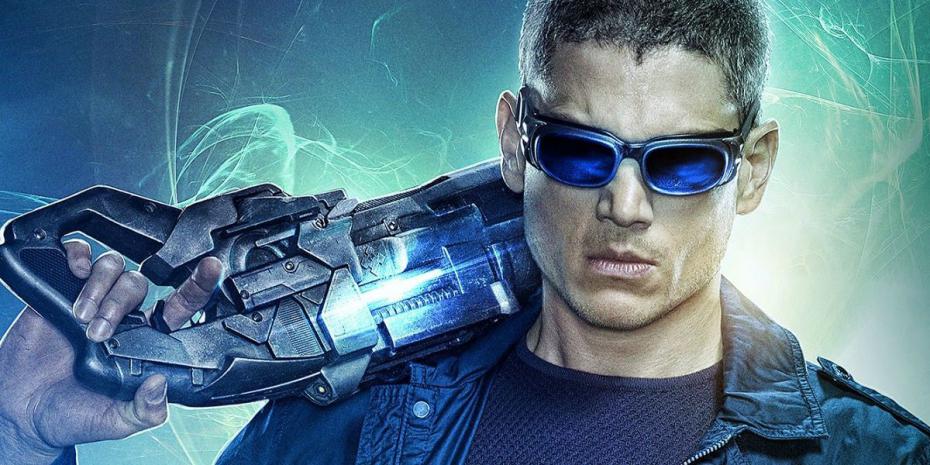
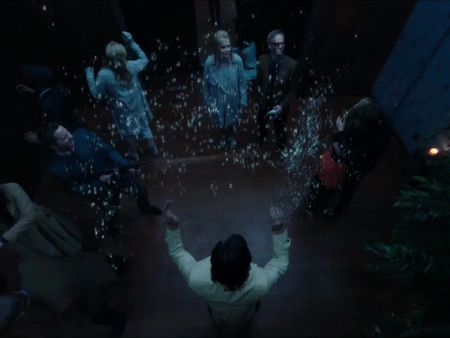
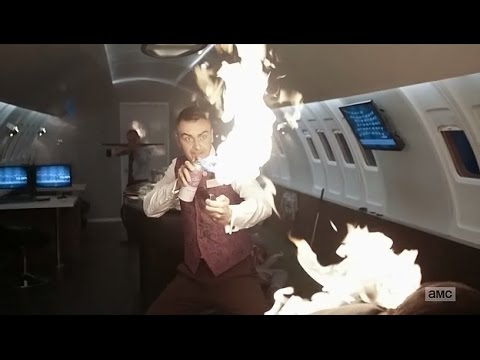
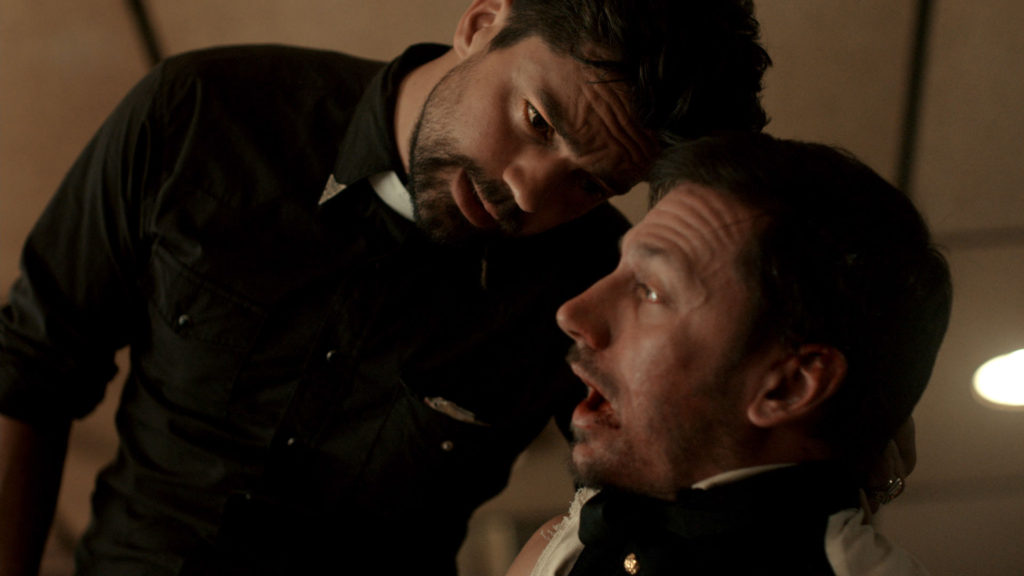
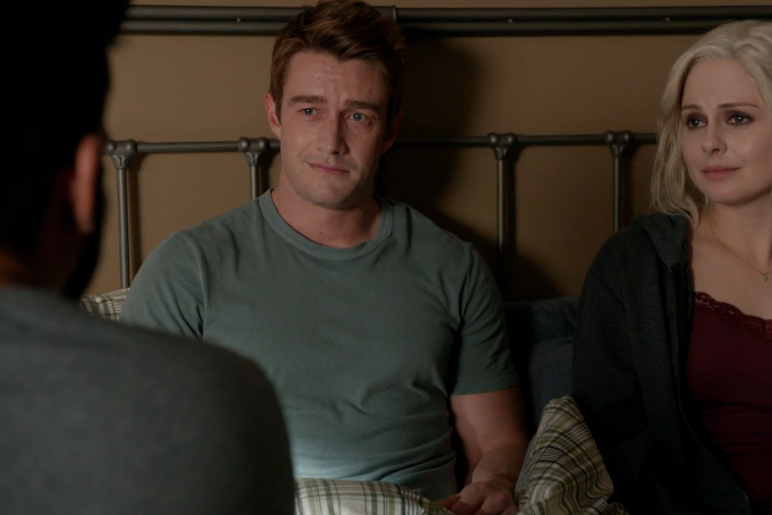
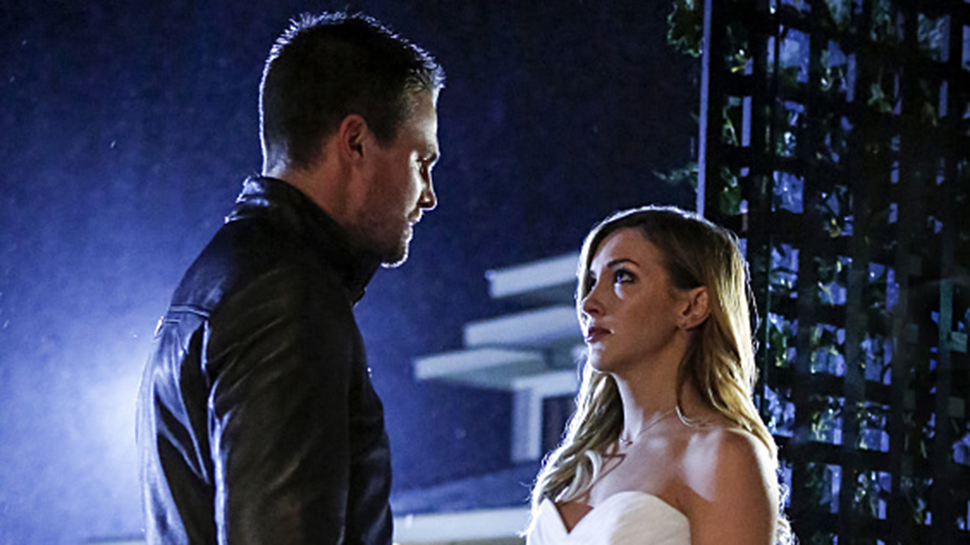
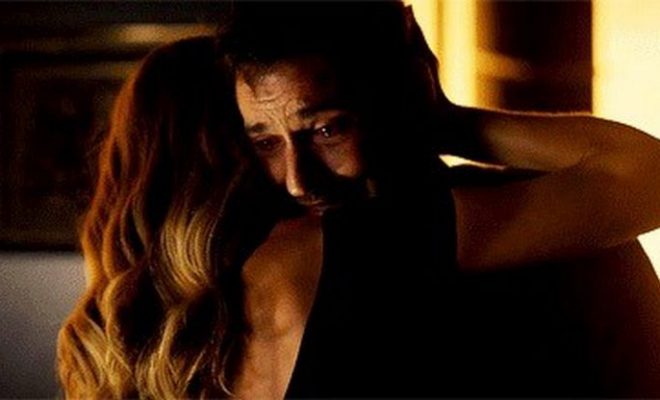
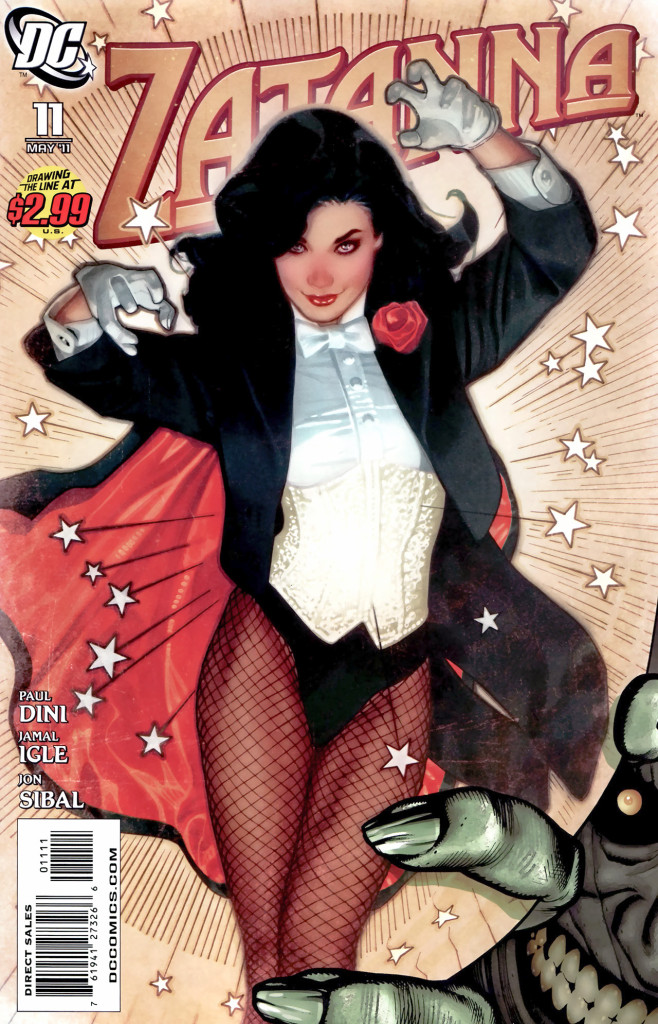
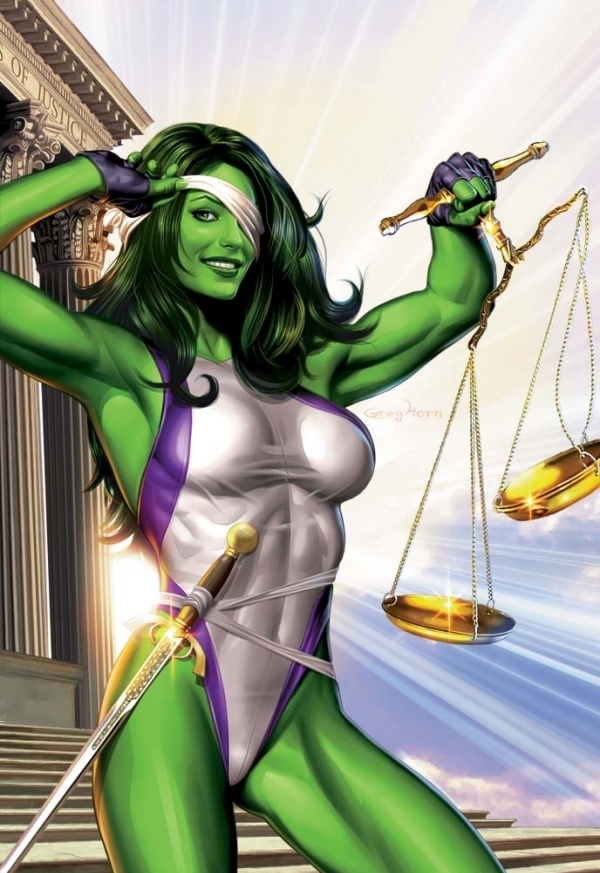
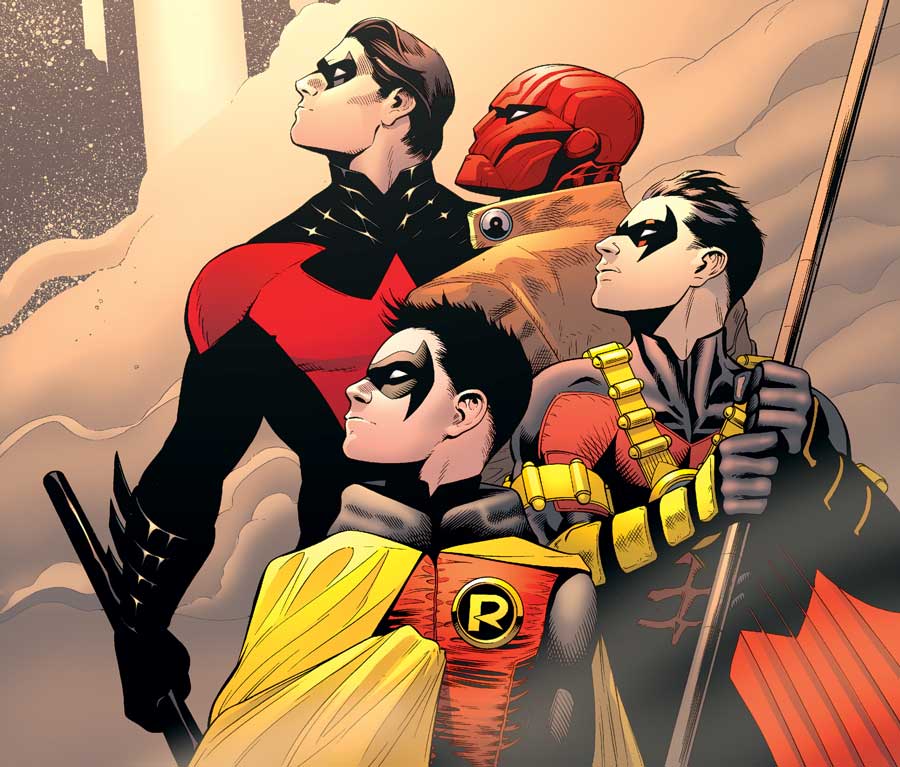
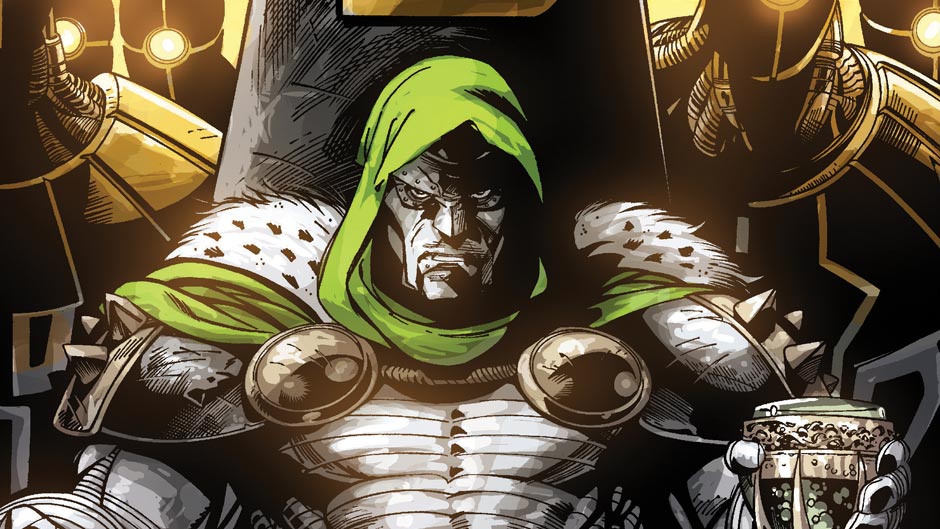
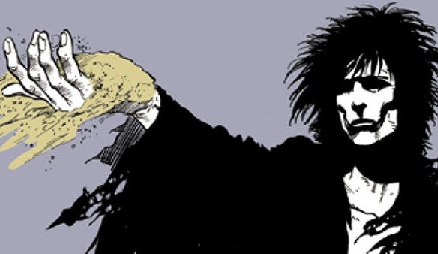
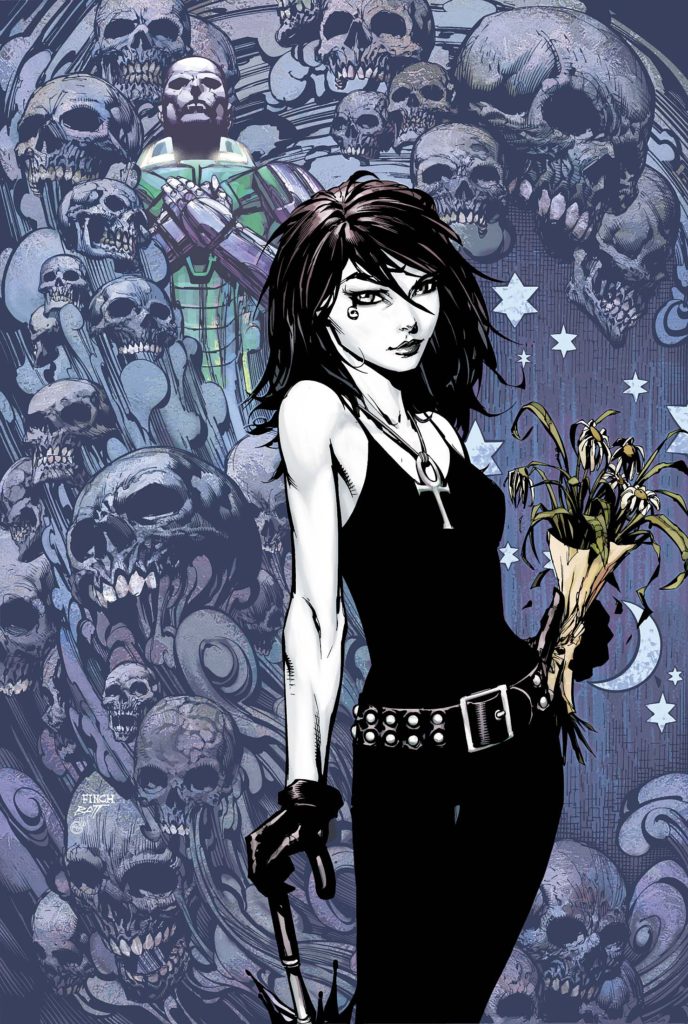
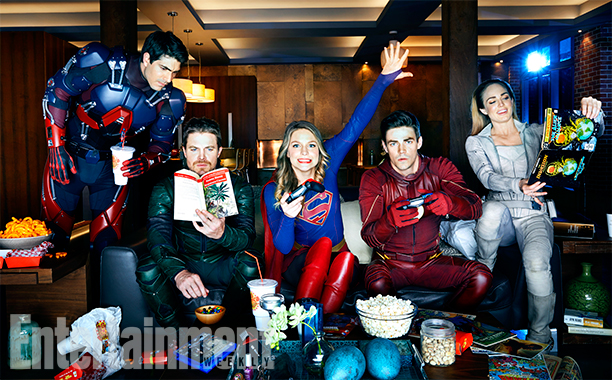
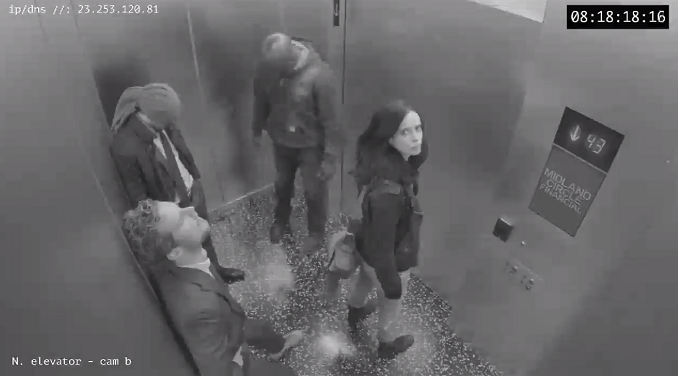

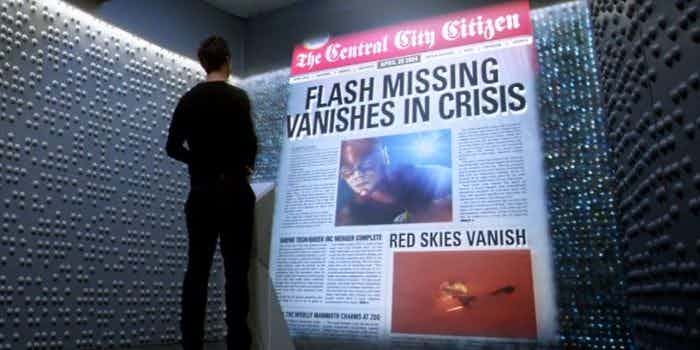
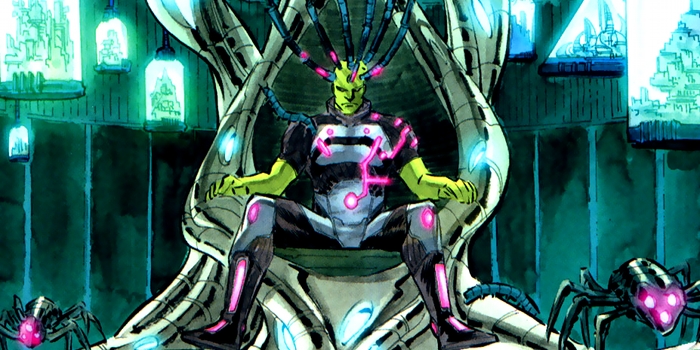
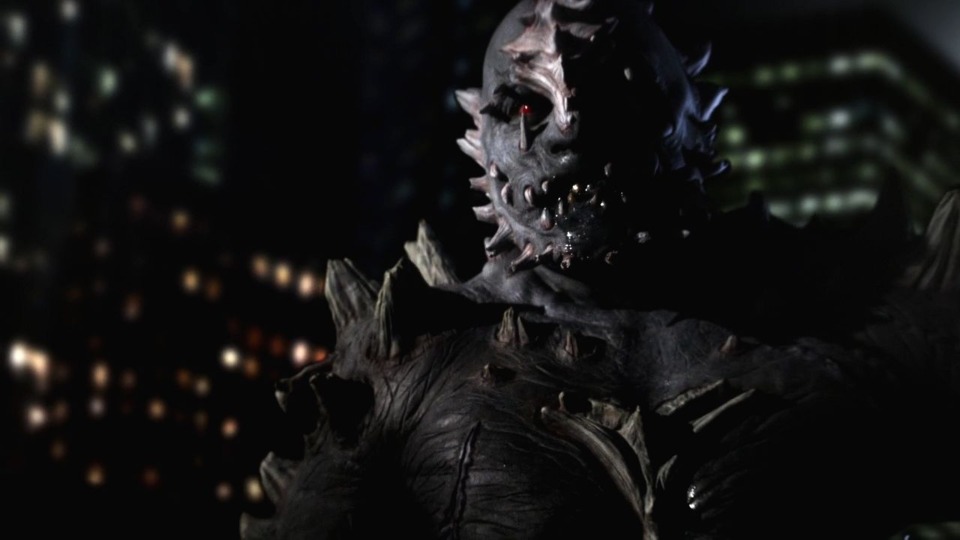
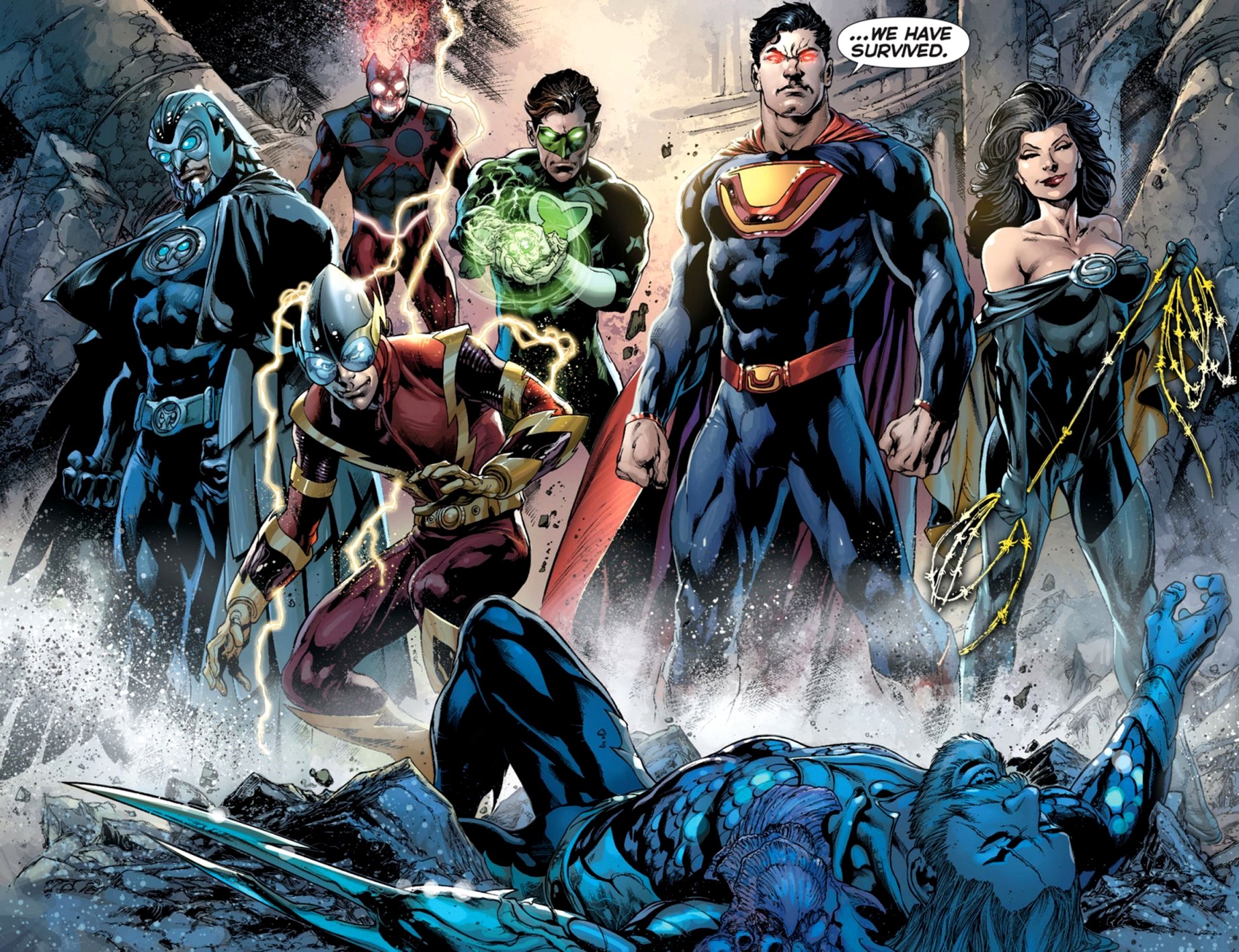
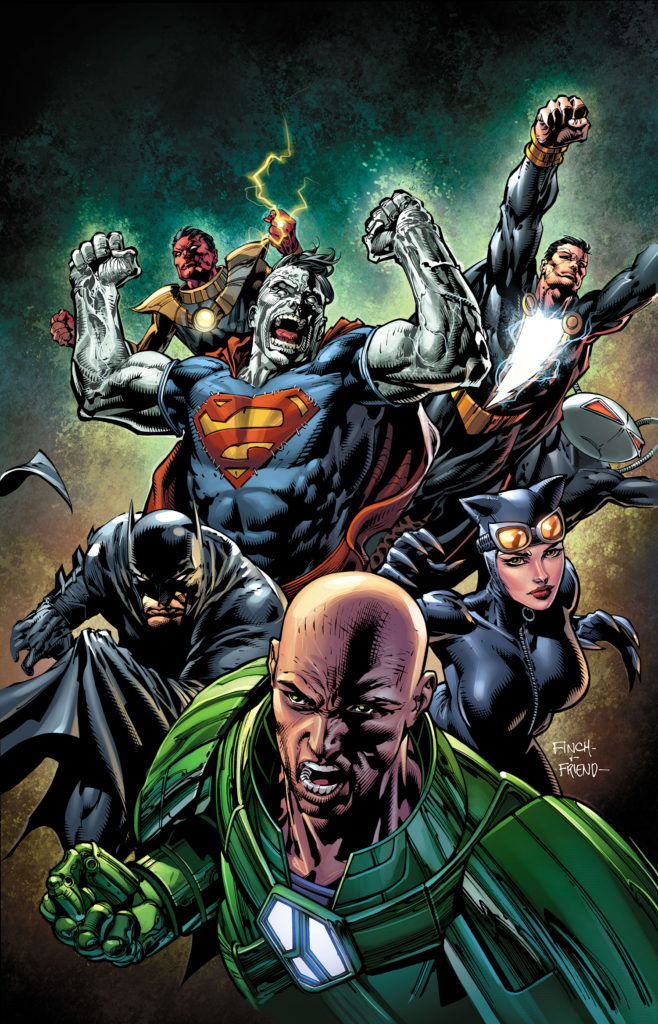
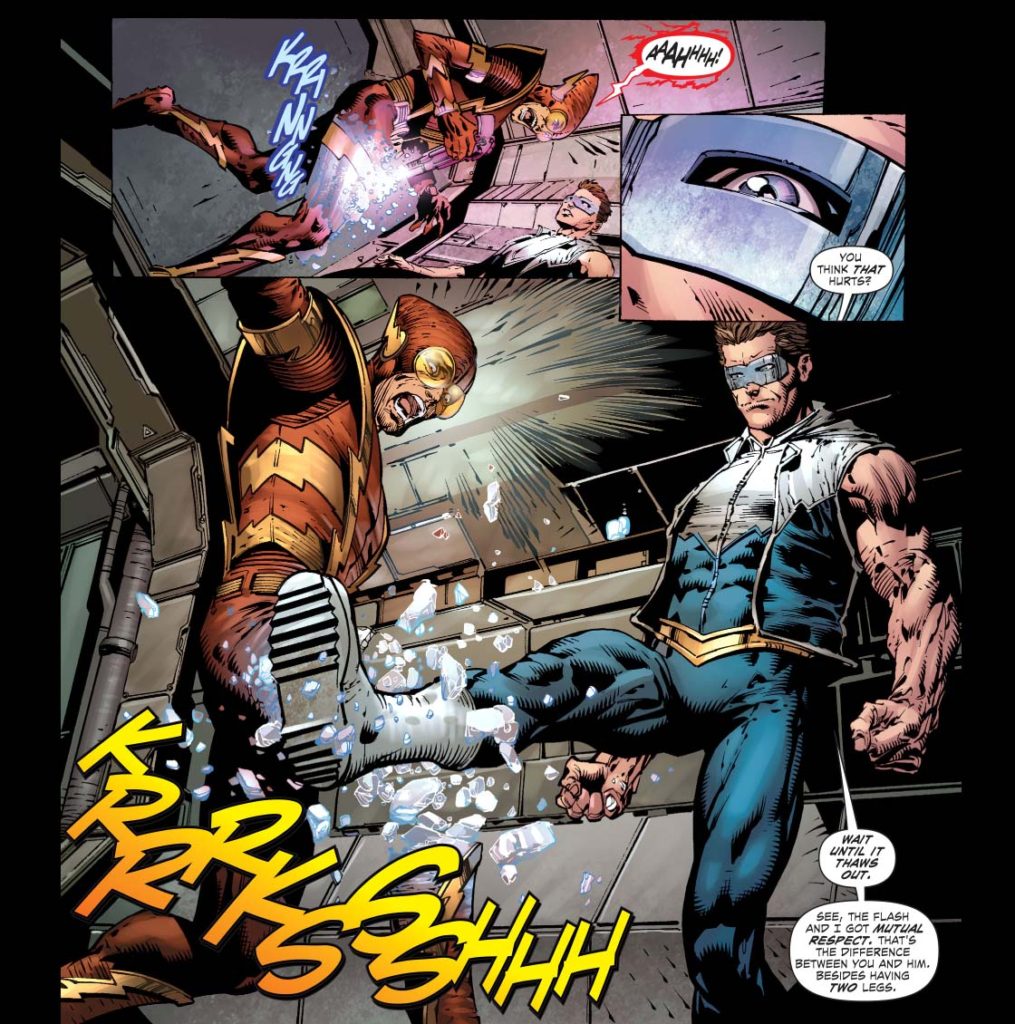 Why they might not do it: …Now that I look at it that is a lot of guest stars. A daunting amount of guest stars. Even if John Barrowman and Wentworth Miller renew their contracts to appear on all four shows.
Why they might not do it: …Now that I look at it that is a lot of guest stars. A daunting amount of guest stars. Even if John Barrowman and Wentworth Miller renew their contracts to appear on all four shows.